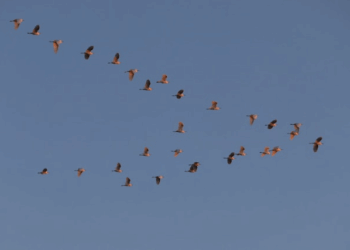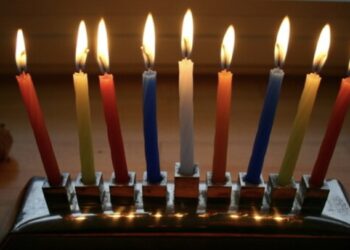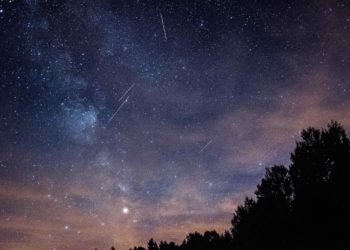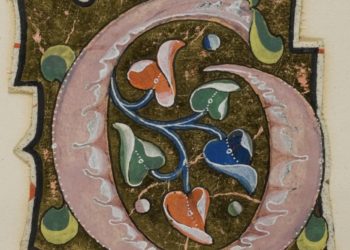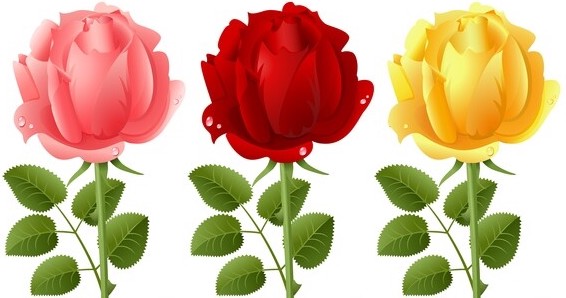
I used to have three names – my legal name and two pen names. The editor of the magazine I worked for didn’t want readers to know that the same person was writing more than one article in each month’s issue. So I started using made-up names for some of the articles. Random made-up names. But then someone I’d never heard of wrote in and complained and said I’d stolen her name, her identity, that she was a writer and that I was pretending to be her. So the editor told me to use yet another name, and I couldn’t be “Lillian Grant” anymore.
And those were not the only names. There was a traditional name from the family tradition and ancestral language, that was almost a secret name. There was the name given at birth, and all the so-called nicknames. “Gypsy” was my favorite of those. And more names and variations of names after that.
We tend to be so closely identified with our names. That’s how we’re taught. Yet who would we be if we were suddenly transported to a different world, known by a different name? The very phrase “known by a different name” points to the fallacy in identifying with a name. It implies that somehow the vastness of any single human being, the immense depth and all the reach of possibility, can somehow be known and simplified into a fixed image. A graven image instead of a living, changing spiritual being. Something known and solidified, limited by ideas and preconceptions, instead of an alive being that’s waiting to be explored, always renewing, always flowing, always a field of unknowing, always free.
Have you ever imagined being somewhere where no one knew you and no one expected anything from you? That’s part of the attraction of travel, especially solo travel—putting aside the day-to-day context of expectations and the roles you play. Free of your name—that is, free of your past and ideas about your future. Free of expectations, shoulds and should-nots. A gap, with no pressure to be a certain way. A break. Meditation can provide that break, but in addition to meditation or a spiritual practice, there are places each day where we can drop our name and its associations, drop our ideas, and just be. At any moment, we can open wider, and let go, just for that moment.
Here’s a fun experiment: Go into a coffee shop and order something to go. When the server asks your name, give them a different name from the one you usually use—any name: Rolando, Lucretia, Sam, Beverly, Wallaho, Jane or Joe. Anything. Then wait. What does it feel like? Isn’t it fun? Remember to remember which name you used! And when they call your name (yes, it’s yours, for now), a small shock of recognition, ‘Oh, that’s me’. An unfamiliar feeling. Just for a moment, a wordless sense of open space where the habitual idea of “me” usually resides. A different awareness from the automatic response, a freshness, and an unspoken recognition that you are not your name, your history, or your ideas about yourself or anything else. If you want, you can try this over and over, using different names in different places. Or if you’re really daring, in the same places, with a different name every time.
You can feel it—Wow, no one expects anything from me; Wow, this is open space and I don’t have to conform to anyone’s preconceptions or expectations, including my own.
We start to see the artificial hold our name has on us, all the associations of the past. How it lays claim to us, as if we have to be tied to a certain history, as if the name is who we are. As if that one word, a label given to a tiny baby, defines you. As if the whole story, with all its tendencies and patterns of relating, is attached to that name.
But your story doesn’t define you, and your history is not who you are. Even your tendencies and characteristics are not who you really are—if you’d grown up in a different place, with different conditions and different parents, you’d have different ideas and different preferences. Your experiences and your circumstances are not who you are. There’s something deeper than that. We can loosen the hold of the past. We can expand and make room. From moment to moment, we are not the same. Our thoughts may weave a story of sameness, but that’s just another story, and we don’t have to believe it.
Every day we wake up fresh. And then we reconstruct who we think we are based on the past—our idea of the past, our ideas of who we are and what our life is like. The ideas of past and future are all wrapped up in a name, like one big package. But they’re just ideas.
In reality, we have no fixed name, no fixed self. We are freedom itself. We are spaciousness. We can take on any name, or use any name, and still be free. We are free to step out of the circle and just say thank you, for life, for freedom, for the new free moment here and now. The past has no actual claim on us. The name we were given at birth has no claim on us. We can use it or not, but it is not who we are. Labels and names are only that, labels. Like the caption to a picture: No matter what the caption says, the picture is what it is.
Neither our expectations nor those of others actually have to limit our freedom. No matter our history or ideas, we are still always free. No matter what stories or descriptions our thoughts may weave, they are just thoughts, not reality. No matter what our name is or how many names we use, we can see beyond our thoughts, we can see beyond our names, and we can see beyond all labels. We can see and feel our true name, which is that which can never be named.
© 2021 Shanti Natania Grace
For a magnificent poem by Pablo Neruda on this subject, click here.
~~~~~~~~~~
Let each one turn his gaze inward and regard himself
with awe and wonder, with mystery and reverence;
…let each one work his own influence,
his own havoc, his own miracles.
-Henry Miller
~~~~~~~~~~
All religions, arts and sciences are branches of the same tree.
All these aspirations are directed toward ennobling man’s life,
lifting it from the sphere of mere physical existence
and leading the individual towards freedom.
-Albert Einstein

